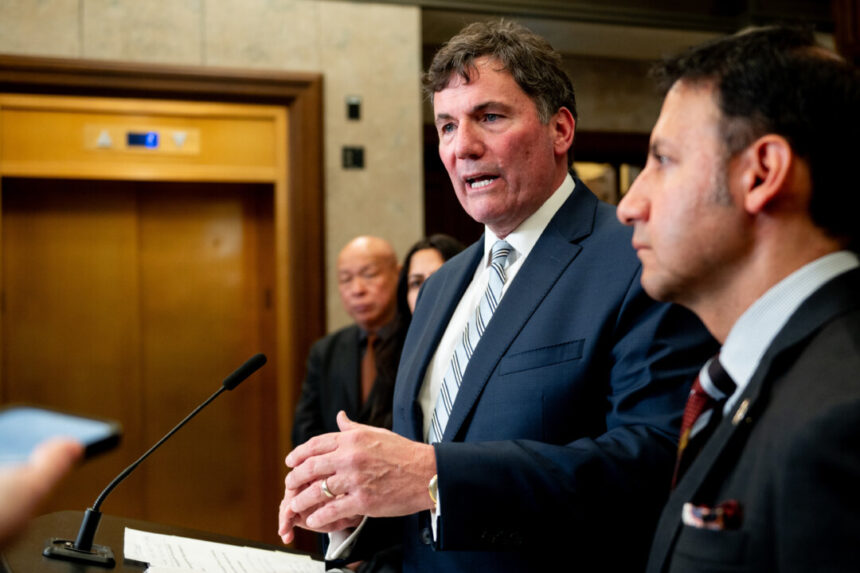Commentary
Is the Canadian government finally understanding intelligence?
Wait, let me clarify. The federal government has been receiving intelligence through agencies such as the Canadian Security Intelligence Service (CSIS) for decades. However, it seems like they may not fully grasp the concept of intelligence, its benefits, how to utilize it, or even whether to trust it.
However, there is ambiguity surrounding the definition of “foreign interference.” Are there not legitimate activities conducted by other countries that are not necessarily illegal? Who determines what constitutes interference? How will individuals be added to the registry, based on what criteria, and what recourse is available for disputes?
Why is there a need for changes in how CSIS collects information? Isn’t their current collection process effective (barring any biases)? The issue wasn’t with collection but rather with the government’s response, or lack thereof, to the intelligence gathered. Additionally, what can an uninformed government bureaucracy offer a professional intelligence agency to enhance its operations? Are we heading towards a scenario where the government dictates how intelligence should be gathered?
Will there be changes to CSIS’s mandate? Will they be able to collect information to an evidentiary standard? Will this intelligence be admissible in court? How will the relationship with the Royal Canadian Mounted Police (RCMP) be affected given the distinctions between intelligence and evidence in Canada? Will CSIS officers transition into law enforcement roles? If so, why maintain a separate security service instead of integrating it back into the RCMP, as it was in 1984?
There is always room for improvement in disseminating intelligence to those with a “need to know” and appropriate security clearance. This sharing can be done without compromising sources and methods, as long as recipients are willing to accept intelligence without full disclosure of its origins.
Most importantly, will these measures enhance Canadians’ trust in the government? The government’s tendency to procrastinate, shift blame, and scapegoat others has been prevalent in recent years. Does this proposed legislation serve as another way to deflect responsibility to security services and claim that nothing can be done (such as arrests or prosecutions) due to CSIS’s failure to deliver?
Our intelligence professionals are already facing challenges with limited resources and morale issues, some of which stem from within the agency while others are influenced by a government quick to label everything as “systemic racism,” even within CSIS. Adding more responsibilities without adequate resources increases the likelihood of failure rather than success.
I applaud any government that acknowledges and addresses foreign interference. However, I remain cautious in evaluating how these actions will unfold and impact the overall situation.
Views expressed in this article are the opinions of the author and may not necessarily reflect those of The Epoch Times.
Please rewrite this sentence.
Source link








